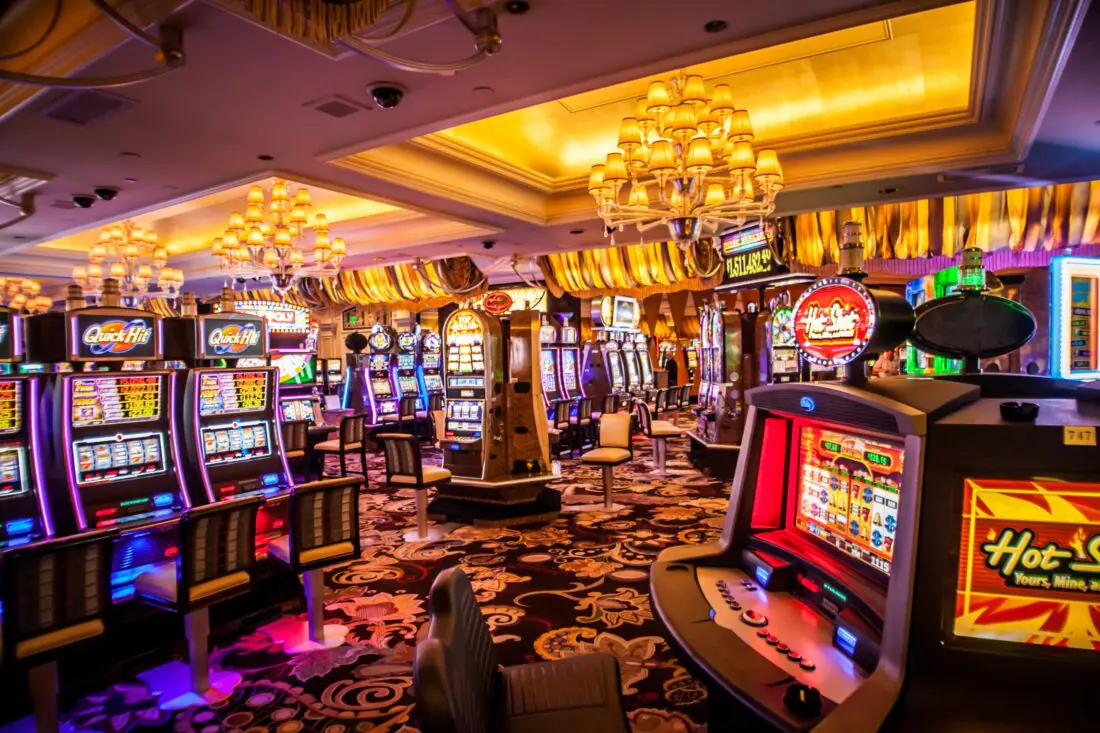
Gambling has been an integral part of human recreation for thousands of years, developing through cultures and periods to become the dynamic casino activities we know today. From the historical Chinese and Romans, who participated in different forms of gambling and luck, to the advanced gaming floors of contemporary casinos, the allure of risk and reward has fascinated individuals across the globe. The transition from simple dice games and primitive betting setups to the extravagant environments of contemporary casinos reflects major strides in both social norms and technological advancements.
As societies evolved, so too did the complexity of gambling activities, with gambling activities emerging as a distinct category of leisure and thrills. These games have changed from informal gatherings centered around traditional tables to grand, opulent establishments designed to entice players. Today, we investigate this intriguing journey, examining how traditional practices laid the foundation for the varied and exciting casino games that bring pleasure to countless people worldwide.
spintax
Historical Wagering Practices
Betting has profound roots in human past, with indications of activities of chance tracing back to ancient civilizations. Archaeologists have uncovered that as far back as 3000 BC, the ancient Chinese were using basic forms of gambling with dice made from wood. Similarly, ancient cultures of Mesopotamia engaged in gambling activities, often relying on the throwing of lots or dice to determine outcomes. These early forms of gambling served not only as amusement but also played crucial roles in social and cultural customs.
The people of Egypt also were involved in betting activities, with games that included betting on the results of various occurrences, including athletic events and spiritual festivals. Artifacts such as dice and depictions of players from ancient tombs illustrate that gambling was a popular pastime. It provided both leisure and a means of engaging in social interaction, often linked to festive occasions or major gatherings. kuwin789 This activity showed the universal appeal of chance and competition throughout history.
In ancient Rome, betting became a commonplace practice among the populace, as evidenced by references in literature and the establishment of guidelines around certain activities. Romans enjoyed a variety of gambling activities, from wagering on horse races to playing games similar to modern-day board games. The legal structure surrounding these activities began to take shape, establishing the foundations for gambling regulations that would evolve in the centuries to come. The popularity of gambling during this period set the stage for the development of casino games in the future.
The Development of Casino Games
Casino games have gone through substantial transformations from their origins to the contemporary entertainment offerings. In ancient civilizations, gaming was often connected to ceremonial practices, with dice games found in the ancient Mesopotamian region and wagering on the outcomes of events in classical Rome. These primitive forms of gambling laid the basis for the formal games we see today. The change from informal gambling to regulated games took place as societies began establishing rules and venues for wagering, showing cultural values and practices.
The medieval period saw the development of card games, which gained fame among European nobility. Games like primero and the game baccarat became mainstays in social gatherings. The invention of printing technology additionally aided the spread of playing cards, making them more available to the general public. As gambling houses began to multiply, these card games evolved into variations that catered to wider audiences, eventually leading to the establishment of casinos as exclusive venues for gaming.
The twentieth century marked a pivotal point in the development of casino games, with the growth of commercial casinos in Las Vegas and other gaming hubs. This era brought forth games like video slots and modern versions of table games, complete with advanced graphics and detailed betting structures. The arrival of online casinos in the 1990s also changed the gaming industry, allowing players to access a wide range of casino games from the safety of their homes. Today, casino games continue to develop, blending classic elements with advanced technology to create immersive experiences for players globally.
Modern Gaming Laws
In these years, the environment of gaming laws has evolved considerably, notably as tech advances and internet-based gaming have become more prevalent. Regulatory bodies around the planet have enacted numerous laws and standards to guarantee that gambling activities are performed justly, responsibly, and transparently. These laws often cover elements such as licensing, advertising, gambler protection, and sensible gaming measures. Authorities aim to mitigate problems such as gambling addiction and fraudulent activities while supporting a equitable gaming environment.
The rise of internet casinos has required a fresh approach to oversight. Many legal areas have set up dedicated online gambling frameworks that cater to internet-based gambling, allowing operators to offer their offerings within the law. These frameworks often require operators to get licenses, follow strict safety protocols, and offer assistance options to assist players. By closely observing internet activities, authorities can better protect consumers from potential harm and make sure that gambling is carried out in a secure manner.
Additionally, contemporary gaming laws are progressively centering around sensible gambling initiatives. Many gaming establishments and online platforms now adopt features such as self-exclusion, financial limits, and time-outs to help players manage their gaming habits. Educational campaigns aimed at raising awareness about the dangers of gaming are also frequent. As the sector continues to expand, the emphasis on sensible gaming continues to be a cornerstone of regulatory efforts, reflecting a commitment to encouraging a secure and pleasant gaming experience for all gamblers.
